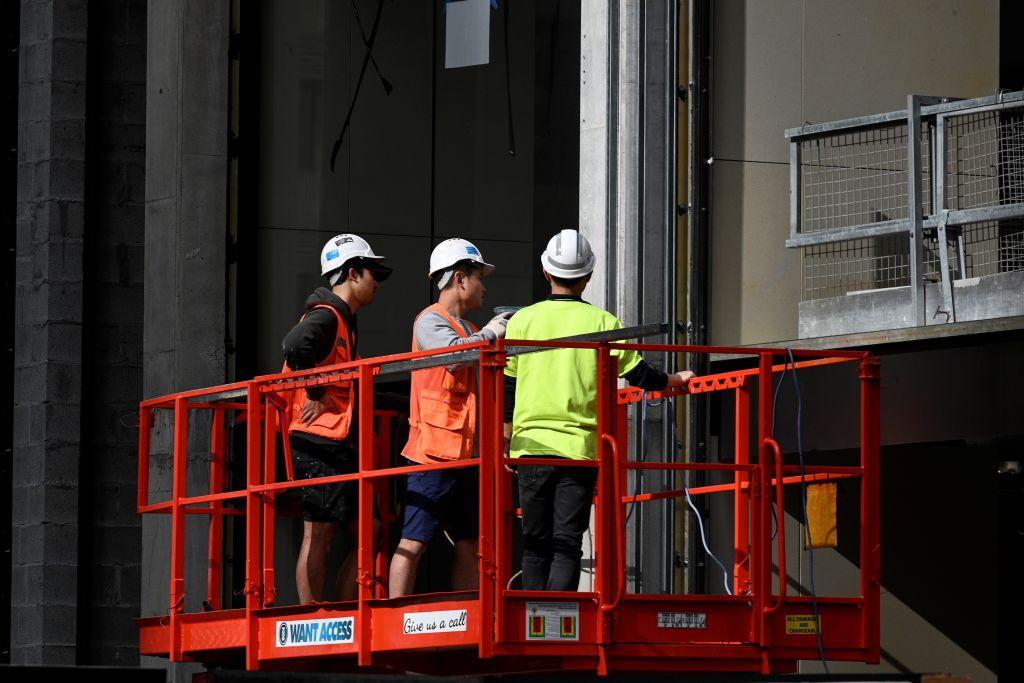Recruiting, retaining, and upskilling staff remains the top challenge concerning Australian business leaders in 2023, according to the latest annual report by KPMG Australia, which surveyed 473 senior executives.
The fifth edition of Keeping us up at Night, released in the first week of the new year, shows that 77 percent of business leaders nominated talent as the biggest concern in 2023, up from 69 percent last year.





